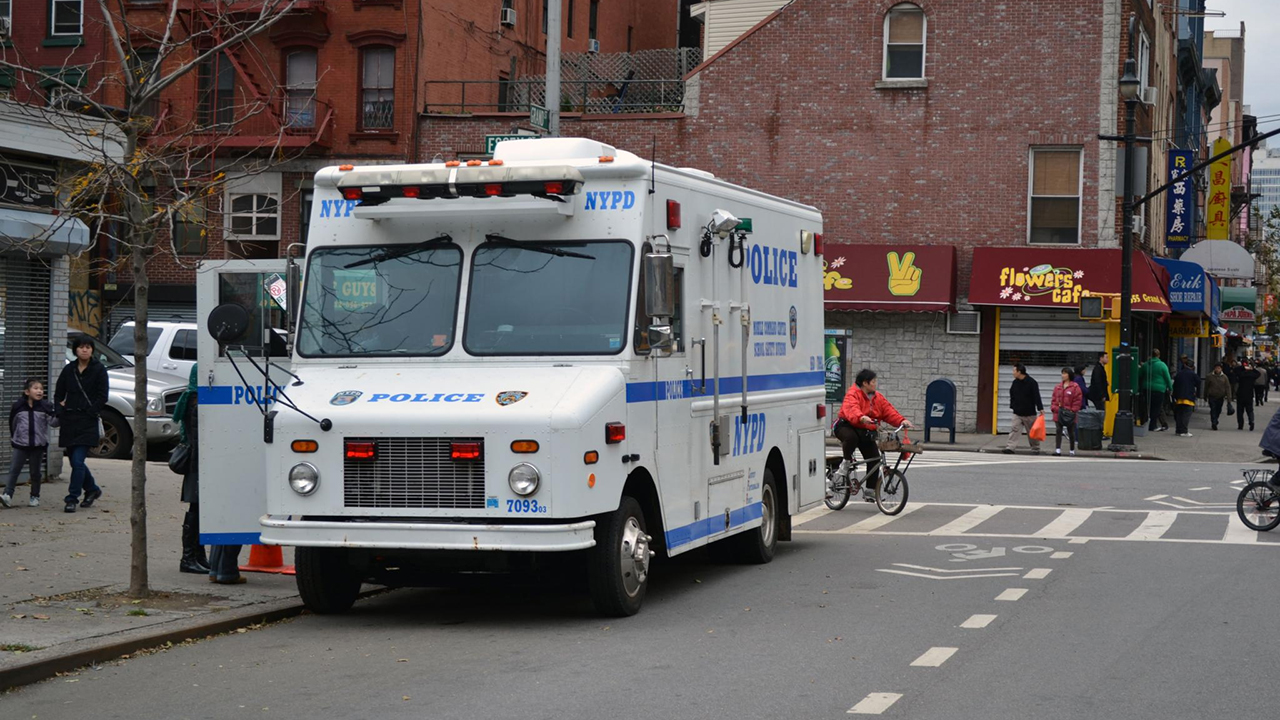New York City is working to curb unnecessary school suspensions with measures that aim to help students rather than just send them home or call 911, practices popular during the early tenure of the Bloomberg days. But considering that one part of the plan involves a partnership with the NYPD, it is unclear how much the Department of Education’s new plan will really change.
The NYPD has often been the go-to resource for “disciplinary actions” of students. In 2010, a 12-year old student was put in handcuffs for doodling on her desk. In July 2013, the city comptroller reported that in the previous school year, there were 882 arrests in the city’s public schools, averaging to five arrests per day. The report also stated that the NYPD issued another 1,666 summonses for illegal conduct—most of which were minor offenses like talking back to a school safety agent or a 7-year-old stealing $5 from a classmate.
Under the new reform, the NYPD is still involved in this policy, but is now apparently on the side of discipline reform. A new pilot program in the Bronx will replace summonses with warning cards, which will later expand to 25 schools citywide. The NYPD will not restrain students under 12 with metal handcuffs in schools unless other methods of restraint have failed. They will also be held accountable to give a monthly report on any use of restraints in schools to the mayor’s office.
Suspensions are also another key effort of the DOE’s reform. The DOE exposed how excessive and ineffective suspensions are negatively impacting black students and students with special needs four times higher than their peers. The department also cited research that a student’s likelihood of graduating in four years is decreased by 46% by a single high school suspension.
The de Blasio administration and Carmen Fariña, head of the Department of Education, are teaming up to combat ineffective suspension practices that keep students out of the classroom. Hopefully, the new reform eliminates these statistical disparities and improves the chances for success for each student. Here’s one approach the DOE has on limiting suspensions under the new reform:
Before suspending students, principals will now be required to seek authorization for “insubordination/defying unlawful authority” from the Office of Safety and Youth Development. A superintendent suspension for minor altercations will be eliminated altogether and principals will be required to seek authorization from OSYD before suspending kindergarten through third grade students.
This $5 million investment for the city is aimed to keep students in the classroom and out of handcuffs. Suspensions and arrests should, according to their plan, decrease — with apparent cooperation from the NYPD.
(Photo: Matt Kane)



